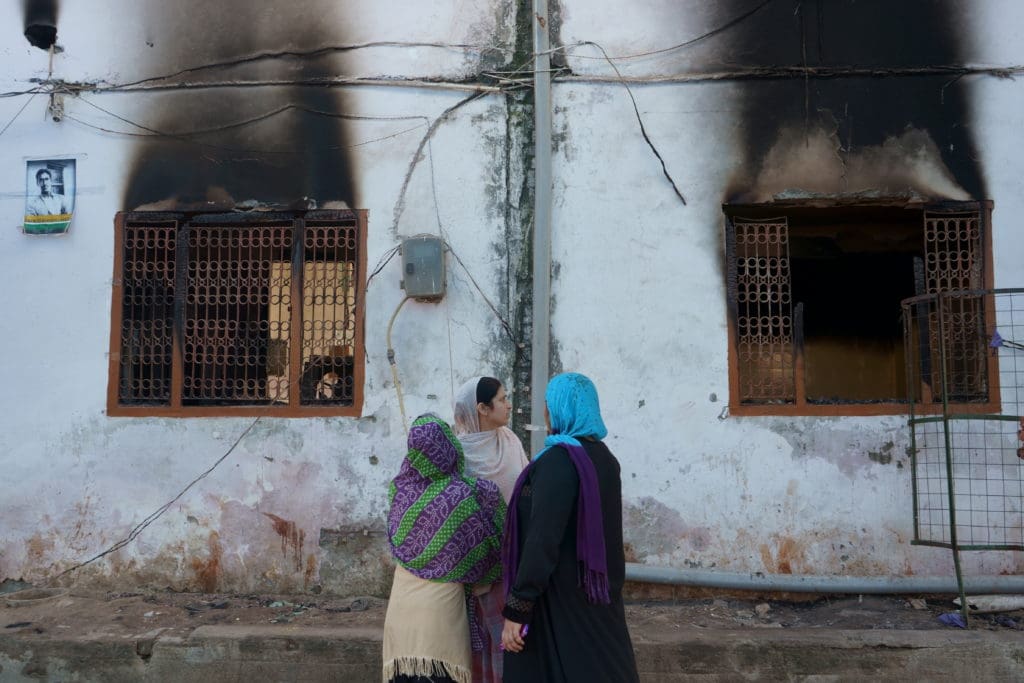By ANANYA CHAKRAVARTI / The Caravan
Around 2006, the Adventurers and Explorers Society of Delhi and the ministry of external affairs organised an expedition to follow the trail of a fifteenth-century Russian merchant, Afanasii Nikitin, who had travelled to India from his hometown of Tver, on the Volga River. It was a remarkable project of state-supported historical education and people-to-people diplomacy. On its return to India, the expedition visited the tiny town of Aland, in present day Karnataka. The Bahmani sultans, who ruled Aland in the fifteenth century, held fairs in the area, in the vicinity of the dargah of the Sufi saint Ala-ud-din. Nikitin had visited the fairs and the dargah, and described them in his diary.
The late historian Hari Vasudevan, who was part of the expedition, wrote about Aland’s reaction to the adventurers, in his book In the Footsteps of Afanasii Nikitin: Travels through Eurasia and India in the Twenty-first Century. Curious whispers followed them. Eventually, “an eccentric looking figure” greeted the visitors. The man, a local guide and expert, “appeared clutching books including Richard Eaton’s brilliant Sufis of Bijapur, to provide a learned discourse on the site,” Vasudevan wrote. Armed with credentials from foreign tour agencies, the guide “mentioned that he was in touch with foreign partners who were making a film on the area.” Another renowned historian, who had accompanied the expedition, then quizzed the man about the dargah, asking a series of questions that the guide was unable to answer. The man retreated, “abashed at his (now) diminished status.” Vasudevan was rueful. “This was a shame,” he wrote, “since he was clearly committed in his own way to Aland and made a living out of his knowledge.”
This story was originally published in caravanmagazine.in Read the full story here





